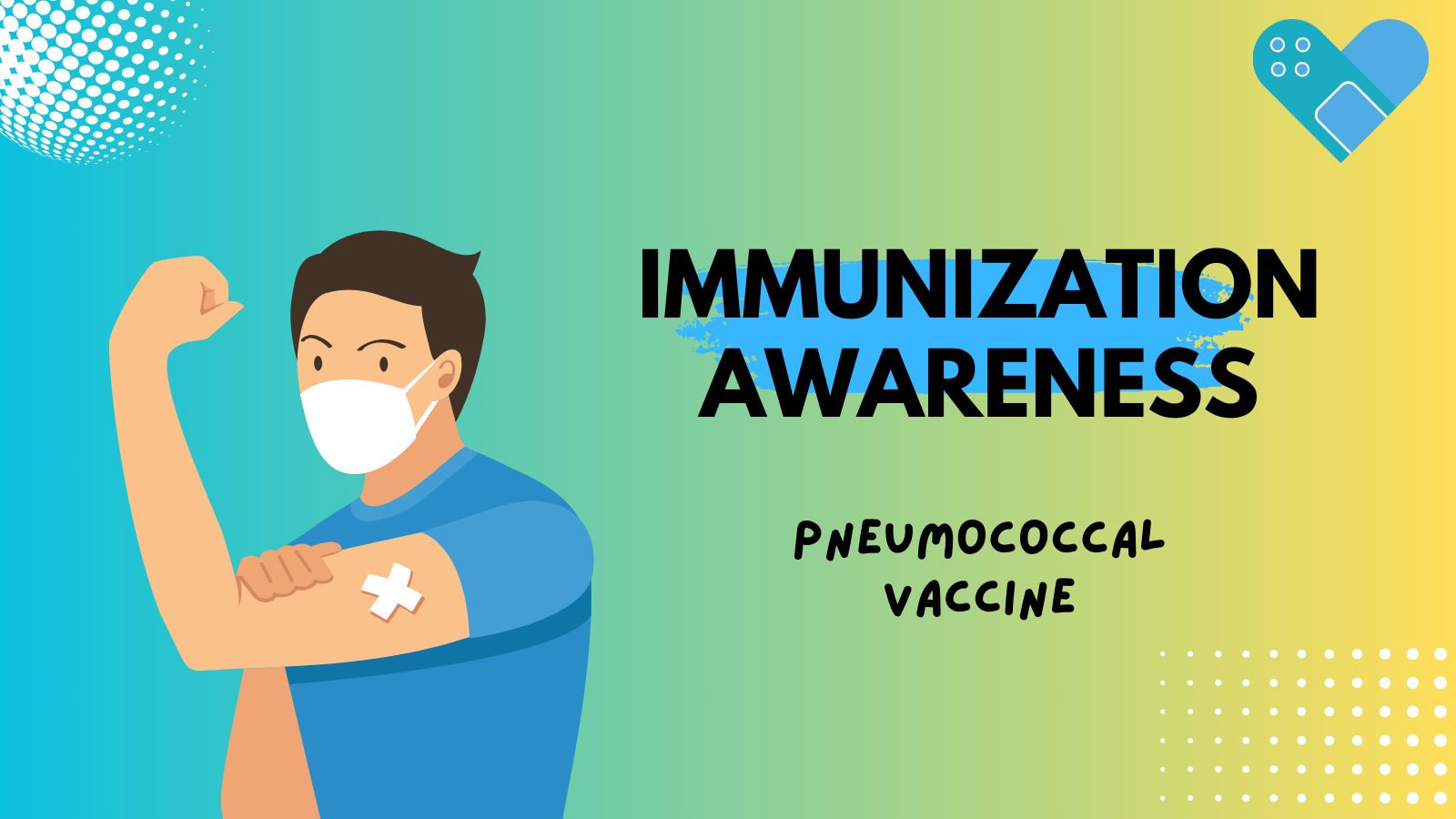Pneumococcal Disease – What You Need To Know

As we continue through the fall and prepare to transition into the winter season, SCI VEAP is here to help you stay informed about vaccines that may be important for keeping you and your loved ones healthy. Over the past few weeks, we’ve been talking a lot about the updated COVID-19 vaccine and this season’s flu shot but today we wanted to shift the focus to pneumococcal disease and the vaccines that help prevent it.
Here’s what you should know:
What is Pneumococcal Disease?
Pneumococcal disease is any illness that is caused by pneumococcal bacteria. This includes pneumonia (infection of the lungs), meningitis (infection of the tissue covering the brain and spinal cord), ear infections, sinus infections, and Bacteremia (infection of the blood).
How are Pneumococcal bacteria spread?
Who is at Risk?
While anyone can contract pneumococcal disease, certain groups are at higher risk, including:
- Children Under 5 Years Old
- Adults 65 Years or Older
- People Who Smoke Cigarettes
- People with specific medical conditions or risk factors. (Click here for a list of increased risk factors)
* While the majority of pneumococcal infections are mild, serious infections from pneumococcal bacteria can have long-lasting effects and may even be fatal. The risk of serious illness or death is greatest for older adults.
How Can You Help Protect Yourself Against Pneumococcal Disease?
- Get the pneumococcal vaccine – The CDC recommends pneumococcal vaccination for all children younger than 5 years old and all adults 65 years or older. If you or a loved one fit into these age ranges or one or more of the risk categories mentioned in the link, you should talk to your doctor or vaccine provider about getting vaccinated.
- Get your annual influenza (flu) vaccine – You can add additional layers of protection against pneumococcal disease by getting the flu vaccine every year. It has been well-established that people who get sick with the flu have an increased chance of developing pneumococcal disease.
- Make sure you are up-to-date with your COVID-19 vaccines – The current research on COVID-19 suggests that people with severe COVID infections are more likely to end up with bacterial infections such as pneumonia caused by pneumococcal disease.
We hope this information gives you a better understanding of pneumococcal disease and effective prevention measures. Remember, prevention is your best defense, and staying up to date on your vaccines is key!
Stay tuned as we continue to share more tips on staying healthy this fall and winter!
For more information about pneumococcal disease and the pneumococcal vaccine visit:
CDC – Pneumococcal Disease
Pneumococcal Disease in Adults and the Vaccines to Prevent It


